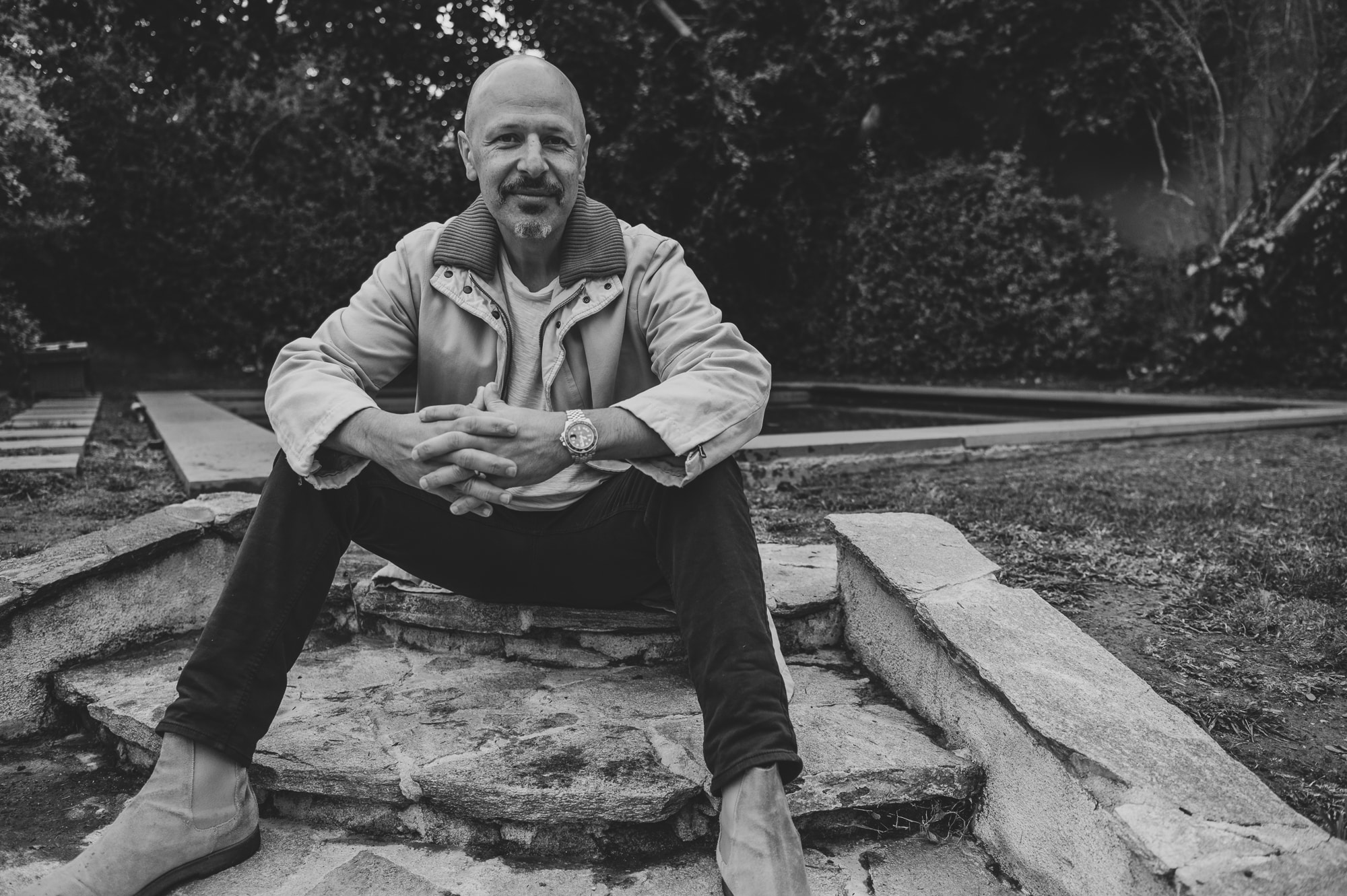Have you heard the one about the comedian who got a round of applause from Americans just for saying he was born in Iran? A few years ago, this might have seemed a far-fetched joke, but in recent months it has become a reality as those who value democracy throughout the West unite behind the Iranian people.
Maz Jobrani was born in Tehran, Iran, before his family emigrated to the US in 1978, when he was six years old, to escape the turbulence of the Iranian Revolution. That uprising led to the toppling of the absolute monarchy led by Shah Mohammad Reza Pahlavi, and the establishment of the Islamic Republic of Iran. But the brief sense of liberation soon dissolved, as it became apparent one suppressive system had been replaced with another undemocratic regime — and the ruling Islamic clerics have recently faced their own revolt against their oppressive governance.
In November 1979, just one year after Maz’s family settled in Northern California, 52 Americans were taken hostage in the US Embassy in Tehran and held for 444 days — pouring fuel on the conflict between the two nations that has remained at boiling point for decades. This hostility between the country of his birth, and his new adopted homeland, has been the backdrop to Maz’s 45 years living in the States — igniting his own life’s purpose. While his parents hoped the UC Berkeley graduate would become a doctor or a lawyer, he has dedicated his sharp mind to making a difference as a standup comic, raising the awareness of the plight of the Iranian people on stage in America and around the world.
“The truth is, I think politics chose me, just by being an Iranian comic in America,” says Maz, speaking over delicious baklava and tea in his Los Angeles home a few days ahead of Nowruz, the Persian New Year. “I often say to my friends, ‘I wish I was Swedish.’ People would just say, ‘Meatballs!’ then move on. But Iran must have the best publicists — they can’t get out of the news.”
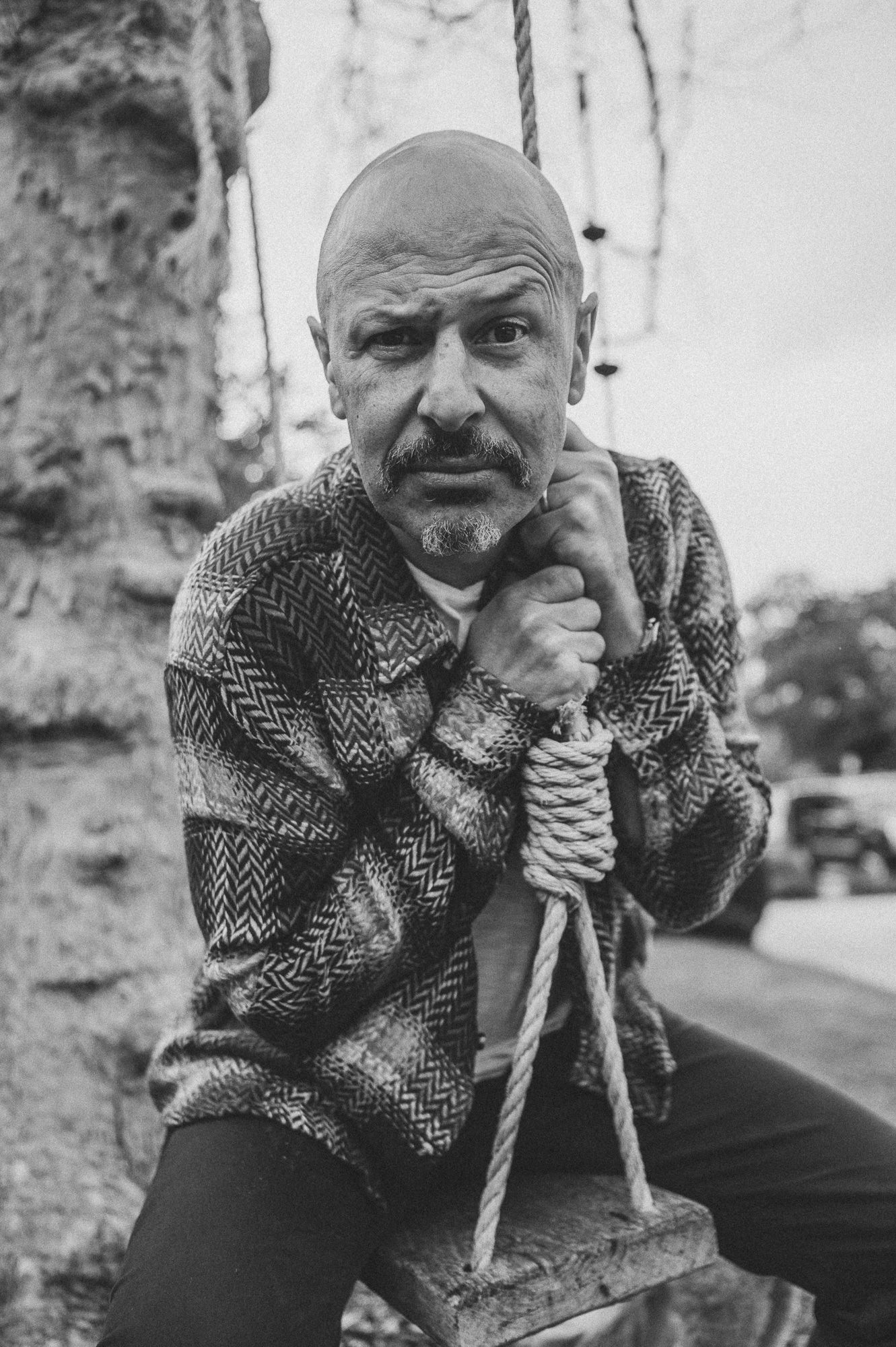
Maz cut his teeth at the iconic Comedy Store on Hollywood’s Sunset Boulevard, before becoming one of four Americans of Middle Eastern descent to create the Axis of Evil Comedy Tour, using their platform and talent to tackle Islamophobia in the aftermath of the 9/11 terror attacks in New York in 2001. He’s been a regular on late night talk shows alongside Stephen Colbert, Jay Leno, and James Corden, and starred in Apple TV’s ‘Circuit Breakers’, as well as appearing in small screen classics ‘Curb Your Enthusiasm’ and ‘Shameless’. And on March 31, he releases his seventh comedy special, called ‘The Birds and the Bees’, on YouTube.
In recent months, Maz has doubled down on his mission to promote the voices of those fighting for freedom in Iran, and his Instagram page — which has more than 500,000 followers — has become a hub of information on the protests. An uprising has gripped the country since Mahsa Amini, a 22-year-old Kurdish Iranian woman, was arrested in Tehran for wearing an “improper hijab” on September 14 last year, before dying in custody with the police accused of beating her and inflicting a fatal head injury. Mostly led by women, these protesters are demanding an end to the mandatory hijab, as well as wider freedoms and women’s rights. There has been some semantical debate over whether the protests should be called another Iranian Revolution. Buoyed by the changing attitudes to Iranians he’s experienced as he tours the US, Maz believes it’s already worthy of the term.
“A revolution has already happened,” he says. “Before these protests, I would say I’m Iranian and people would call me a terrorist or a hijacker. Well now, when I go on stage and I say I’m Iranian, American audiences are clapping because they’ve seen the bravery of the Iranian women and young people.”
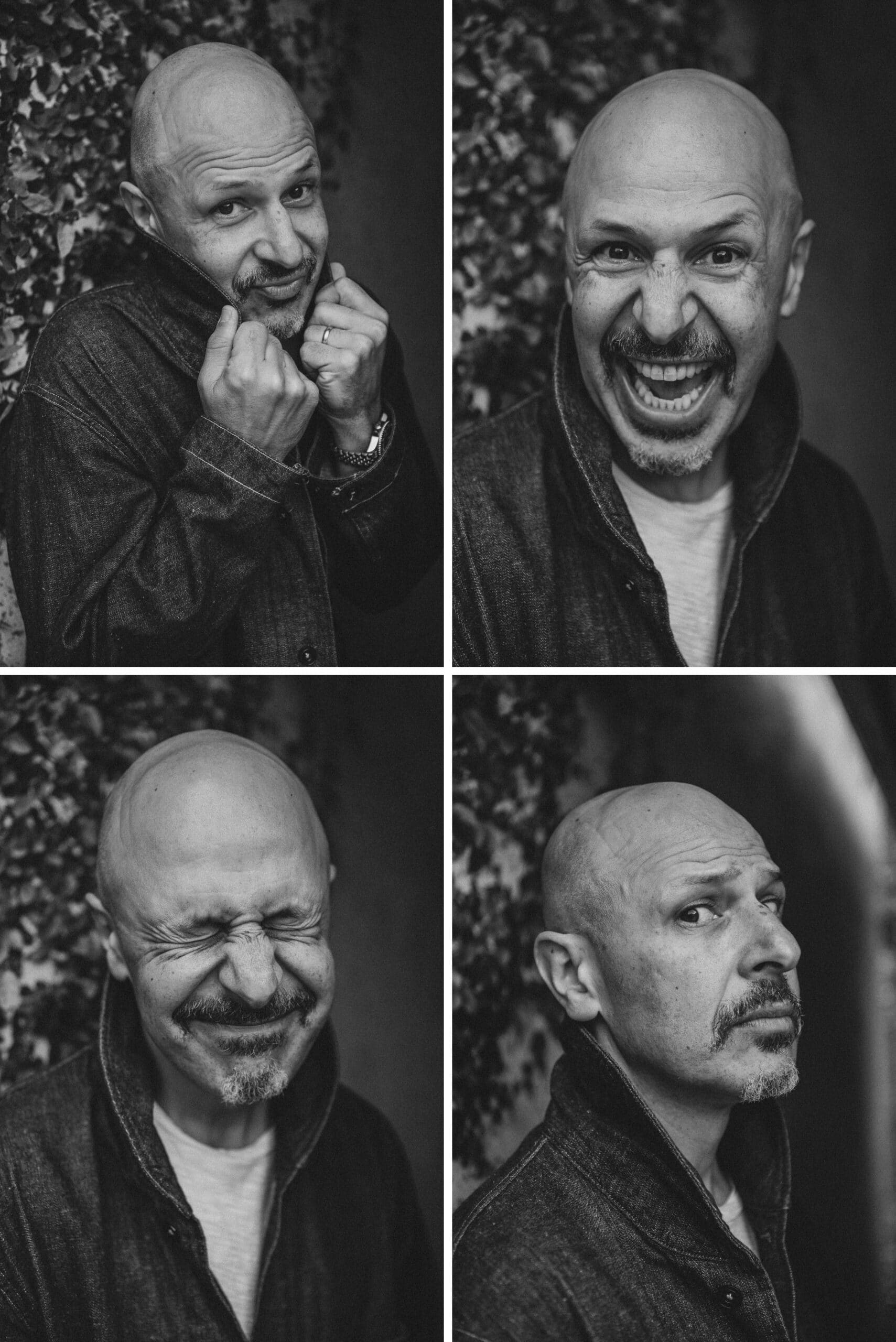
Tell us a little about how you ended up in the US?
It was late 1978, as the protests in Iran were getting worse. My father was a successful businessman, and had an electric company in Iran. He was on business in New York, and with all the protests going on he suggested to my mom that she brought us kids out for the winter holidays, until things settled down. Well, the protests didn’t settle down — so we packed for two weeks, and stayed for 44 years. We ended up settling in Marin County, Northern California, and that’s where I grew up. Then my family moved down to LA in 1993, and I’ve been here ever since.
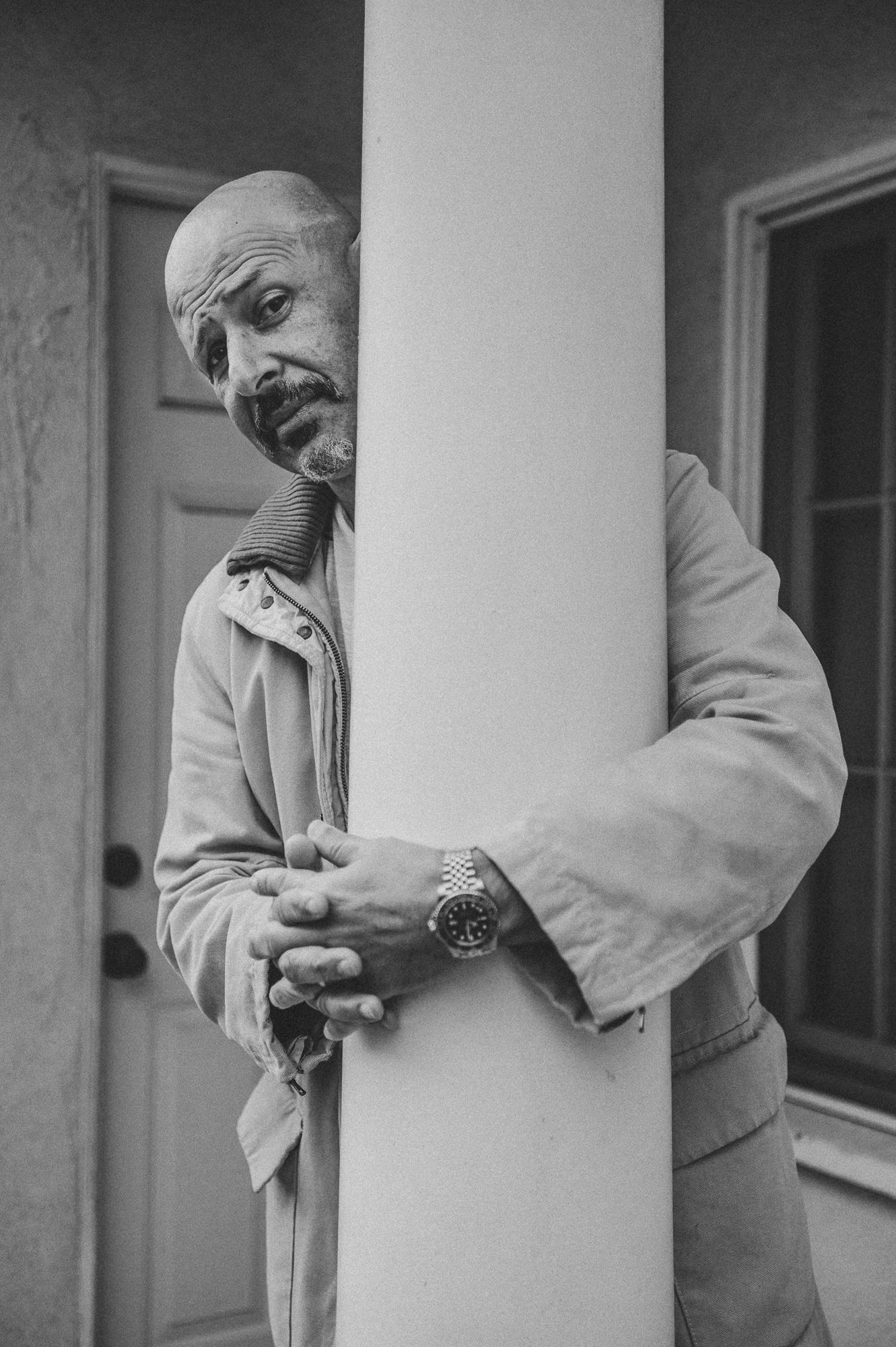
How were you received as an Iranian immigrant at that time?
When I first came, in late 1978, it wasn’t so bad — obviously I was different, as the foreign kid, and desperate to fit in. But there wasn’t much specific hostility aimed at us because we were from Iran. But that changed in November 1979, when the American hostages were taken in Tehran. That’s when Iranian people started being specifically targeted, and beaten up. And it was continuous after that, with Iran constantly in the news. I remember there was a movie called ‘Not Without My Daughter’ that came out when I was in college, where Alfred Molina played this Iranian guy who marries an American woman, and he’s really nice and sweet when they’re in Michigan, but when they go to Iran his backwards family are sacrificing sheep, and he becomes this oppressive, abusive man. That made a lot of Americans think Iranians were animals. My dad would tell people he was Turkish.
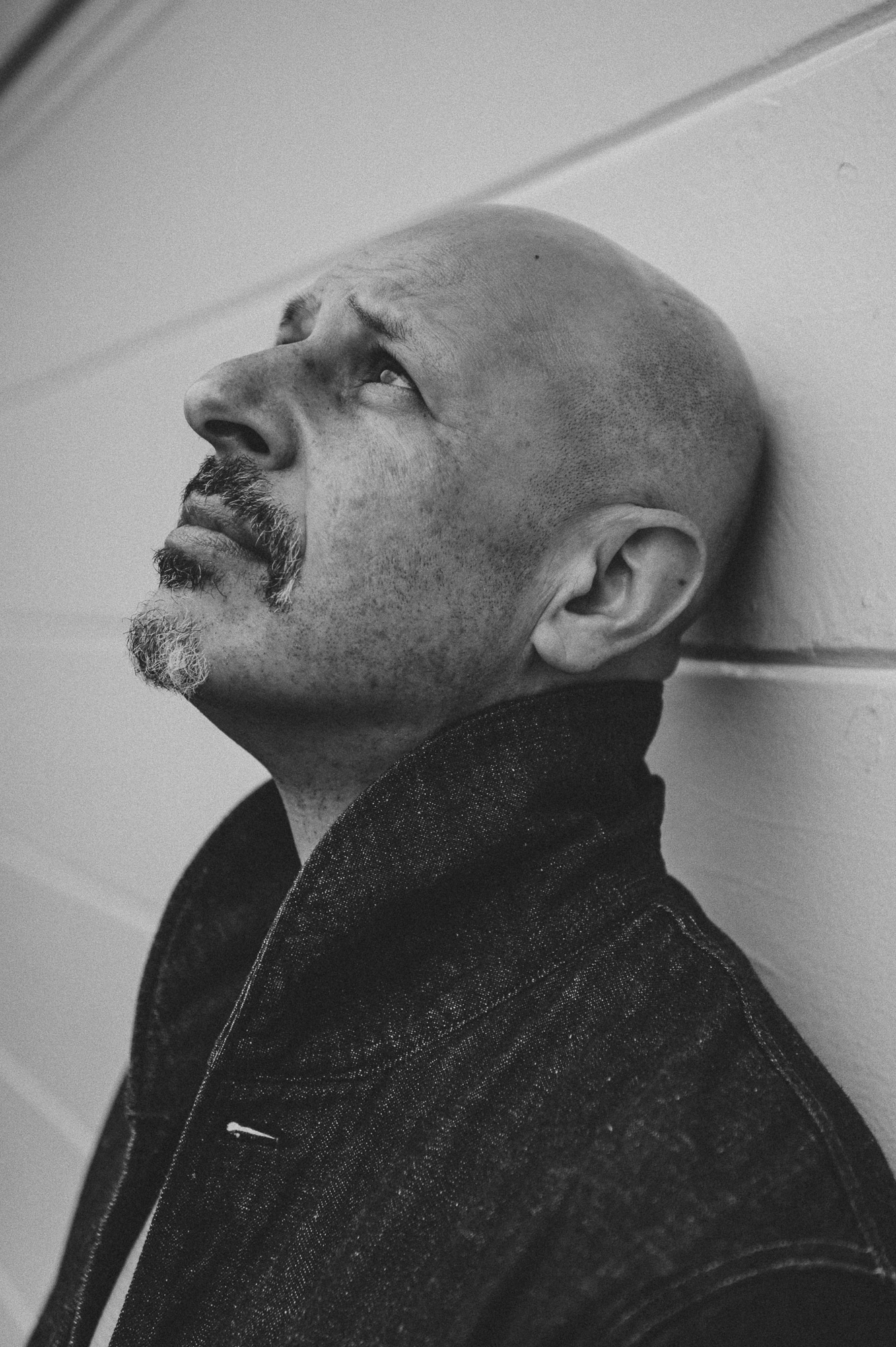
Do you think getting into comedy was a reaction to this situation?
I’ve thought about this a lot. I’m in this foreign country, and I want to make friends. And at school, there were three ways I would do that. One was sports, I was good at sports. Another was candy, I would take extra to school in my lunchbox, and bribe my way into friendships. And the third way was being funny.
This was the time of a lot of hands-off, laissez faire parenting, so my parents plopped me in front of the television. In Iran, like many countries back then, there was only about one hour of cartoons on TV each day. But in America, there was already hours and hours of kids’ TV you could watch. So I’d sit there in front of ‘Woody Woodpecker’, ‘Popeye’, ‘Bugs Bunny’, and all this stuff — and started picking up some comedy from there. Then at some point, I started watching ‘Saturday Night Live’ and became obsessed with Eddie Murphy, and realized I would like to be on stage. I started doing the school performances at High School, did some acting classes, dabbled in it where I could, and eventually decided to try to do it professionally at 26.
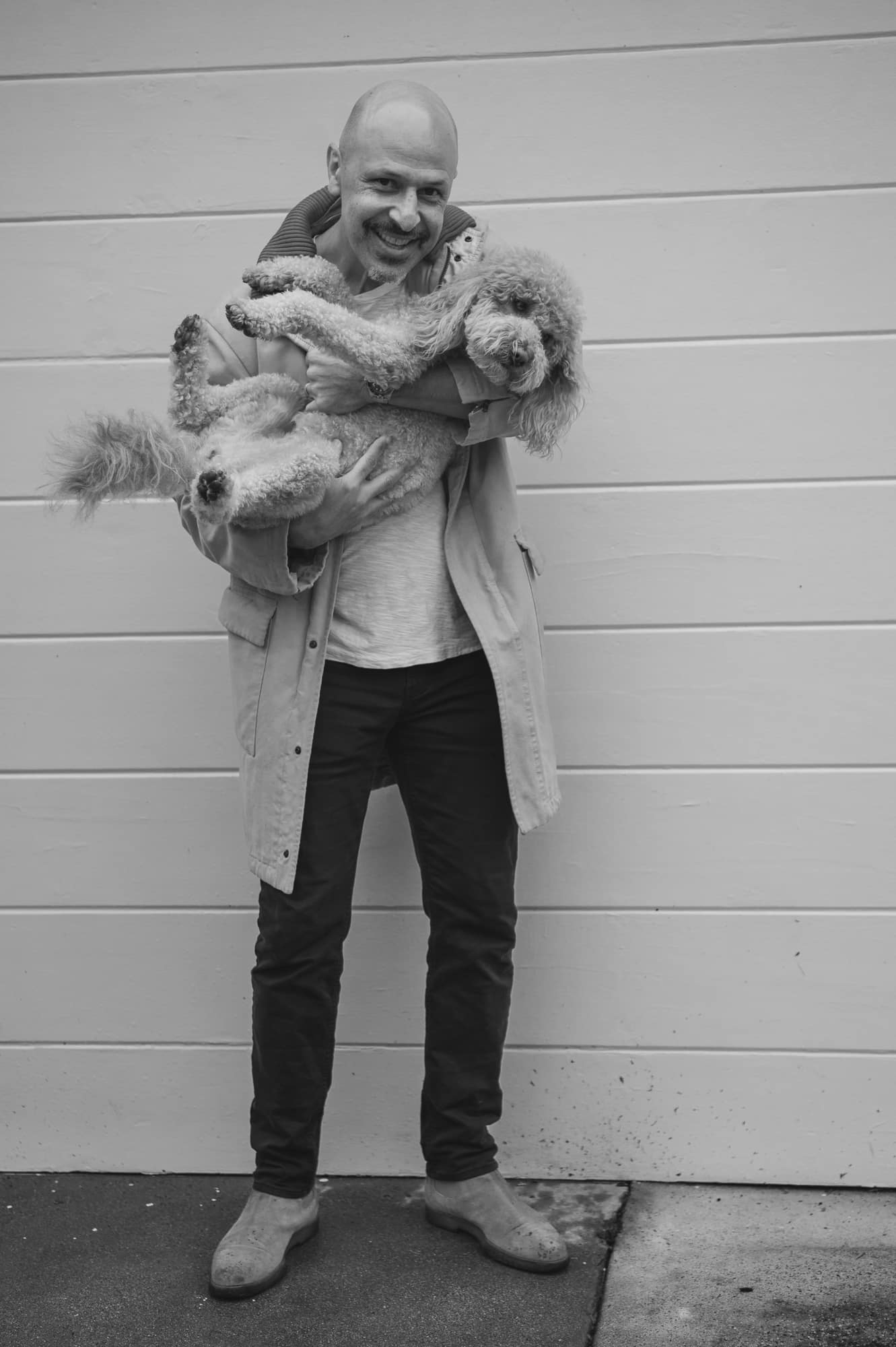
It looks like your material has become more political and activism-based as a result of the recent protests in Iran. How are you using your platform, and comedy in particular, to spread the word?
I started doing stand-up seriously in 1998, then soon after that 9/11 happened, Islamophobia was on the rise, the Bush administration used the attacks as an excuse to go into Iraq, and I knew I had to talk about it. I heard the comedian DL Hughley say that comedy is like giving people their medicine, but in orange juice. So if you can get a serious point across, and then have a punchline, you’re doing a great job.
One of my pet peeves is people saying to stop being political, and just be funny. The whole world is political. you can’t avoid it. So I’ve always had a voice when it comes to Iran, simply because I’m Iranian American. But with these most recent protests, I feel like there’s a whole, community-wide, PTSD. So even though I’ve lived outside Iran for 45 years, I felt I had to use my platform. Just legally speaking, a woman’s testimony is worth less than a man’s in court, and when a father passes away, a daughter gets less than her brothers. I just want the young people to be free so there is better opportunity for them.
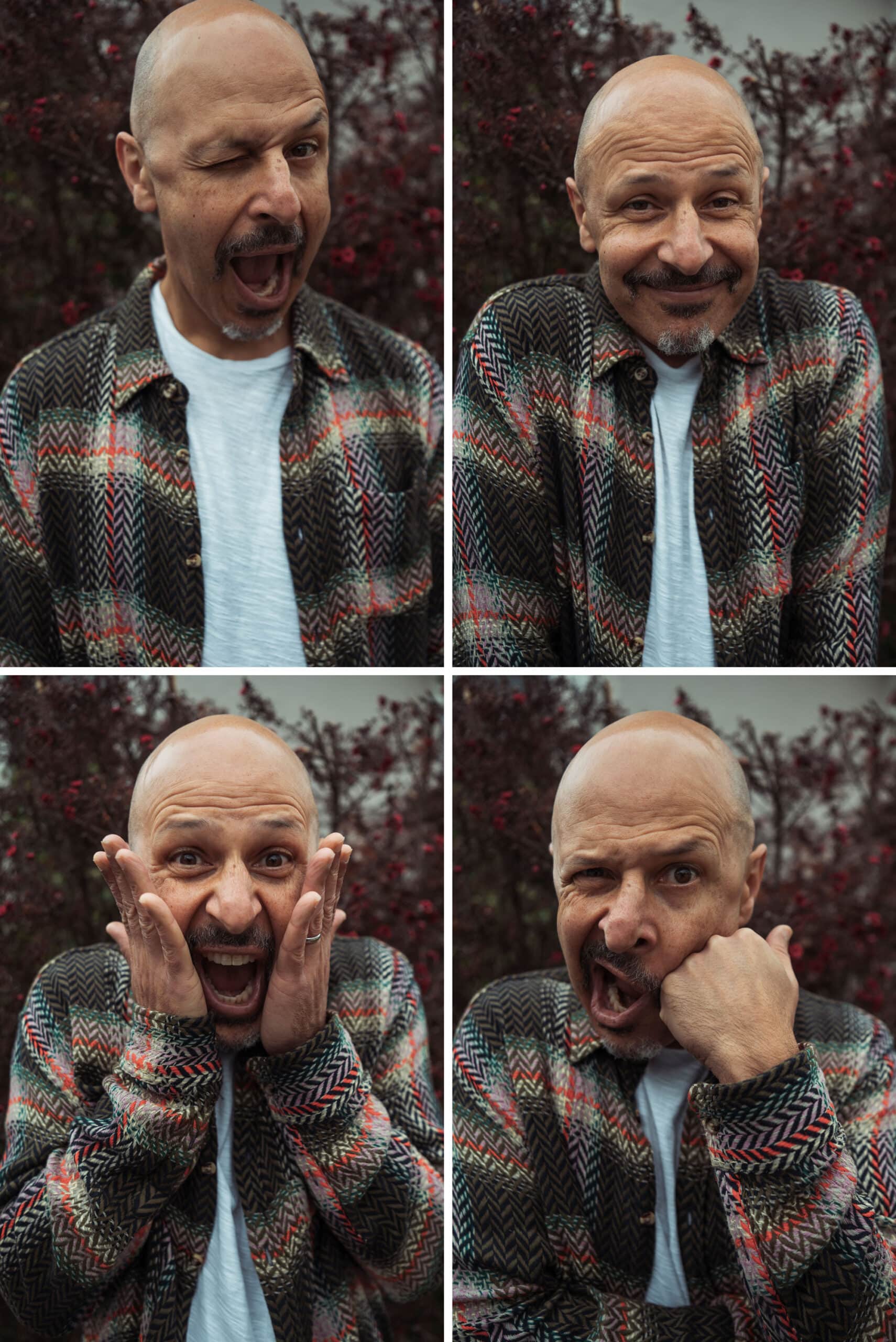
It’s a great way to use your platform. I learned from your Instagram posts about a female Iranian comedian who was jailed.
She’s a brilliant, young, female comedian — her name is Zeinab Mousavi. She’s very sarcastic, and plays this character who’s an optimist and praises the government, saying, “They deserve it all, because they are closer to God than we are!” They have sentenced her to two years in prison. And there’s a rapper called Toomaj Salehi, who was critical of the government, who’s also in prison now. The bravery of these people is amazing. So if I can post to bring this courage to more people’s attention in the West, I will. When the first wave of protests happened in Iran, there were some Iranian Americans who were like, “Where are all the female activists in the US? Where’s Oprah?” And I said to them, “Were you on the streets during the Black Lives Matter protests? No, you were telling me they should stop breaking into stores.” Because some of the same people who are complaining about not getting support from other communities were the people complaining when the other communities were looking for support.
I can’t imagine the current regime would welcome you back to Iran. Do you ever feel scared?
When I started posting more political stuff on my Instagram, my aunt sent me a voice note saying, “What are you doing? They’re going to come after you.” I was in Germany at the time, and went to bed with her voice in my head. Then when the hotel cleaning lady burst into my room the next morning, I jumped out of bed thinking they were coming to get me! In the back of my mind, I am always a little worried. We’re seeing more and more that these autocratic states are kidnapping citizens of other countries. When I was on my latest Middle East tour, we had security all the time.
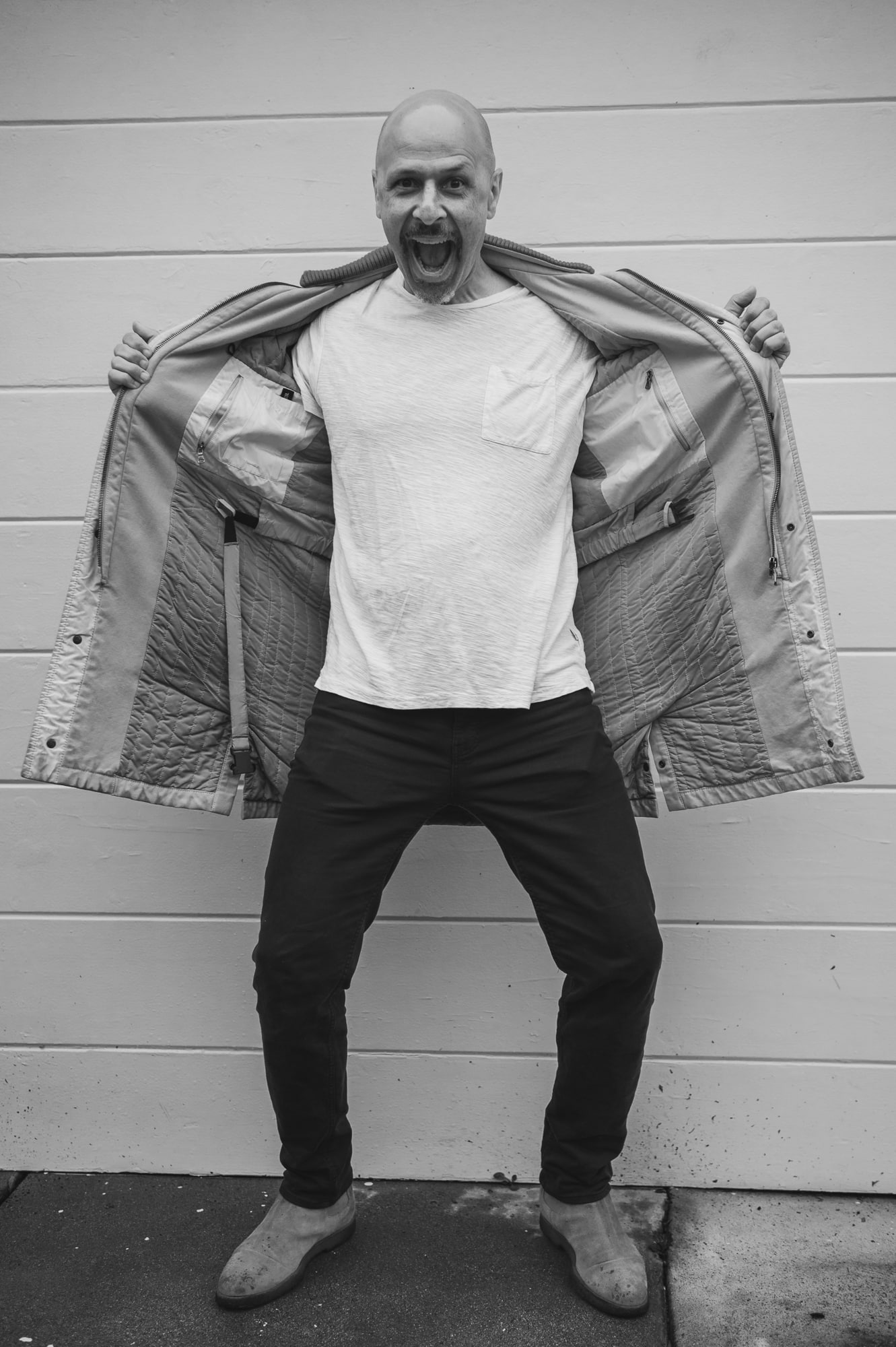
And finally, summarize why the situation in Iran should matter to American people.
I heard an analyst on TV say there are two major battles for democracy going on right now — one in Ukraine and one in Iran. Well, that’s right, but us in America are in that battle too. If you look at what is going on with the MAGA right, they want less democracy and to impose their ideologies and religion on the country. So Iran is a cautionary tale of where America could go. Just last year they took away a woman’s right to choose, and whether you are pro or anti-abortion it doesn’t matter — you don’t have the choice anymore. When the Islamic Republic came into power, the first group they oppressed was women, then they started oppressing the LGBTQ community and religious minorities. Well, after the decision to take away Roe v Wade, [Supreme Court justice] Clarence Thomas said, “We’re going to look at gay marriage next.” So it’s happening, slowly but surely. And you should be concerned with what’s going on in Iran, because if Iran was able to break these chains and become a free country, it would reverberate around the region and the world.
There are people who were critical that I continued to do my stand-up at a time that so many Iranians were suffering, but I have an opportunity to go on stage in front of a bunch of Americans and get them interested. I also have an opportunity to go on stage in front of my Iranian community, and make it a therapy session to give all of us a little energy to keep fighting the fight and continuing to be the voice of the Iranian people. People have asked, “Are these protests, or is this a revolution?” And I’ve said to that, “You know what, a revolution has already happened. Because before these protests, I would say I’m Iranian and people would call me a terrorist or a hijacker, well now when I go on stage and I say I’m Iranian, American audiences are clapping because they’ve seen the bravery of the Iranian women and young people.”
Maz’s comedy special ‘The Birds and the Bees‘ is released on March 31 on YouTube


